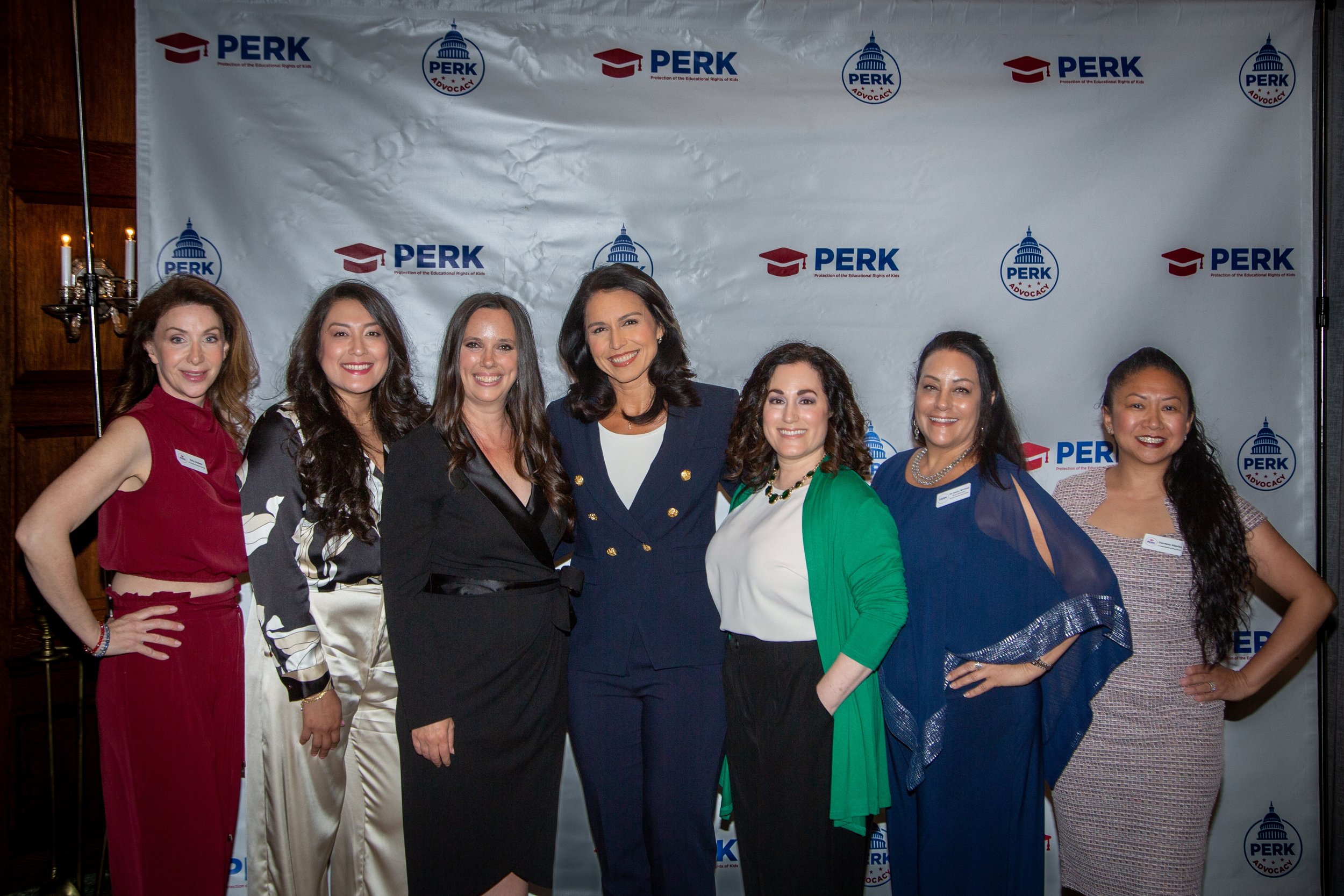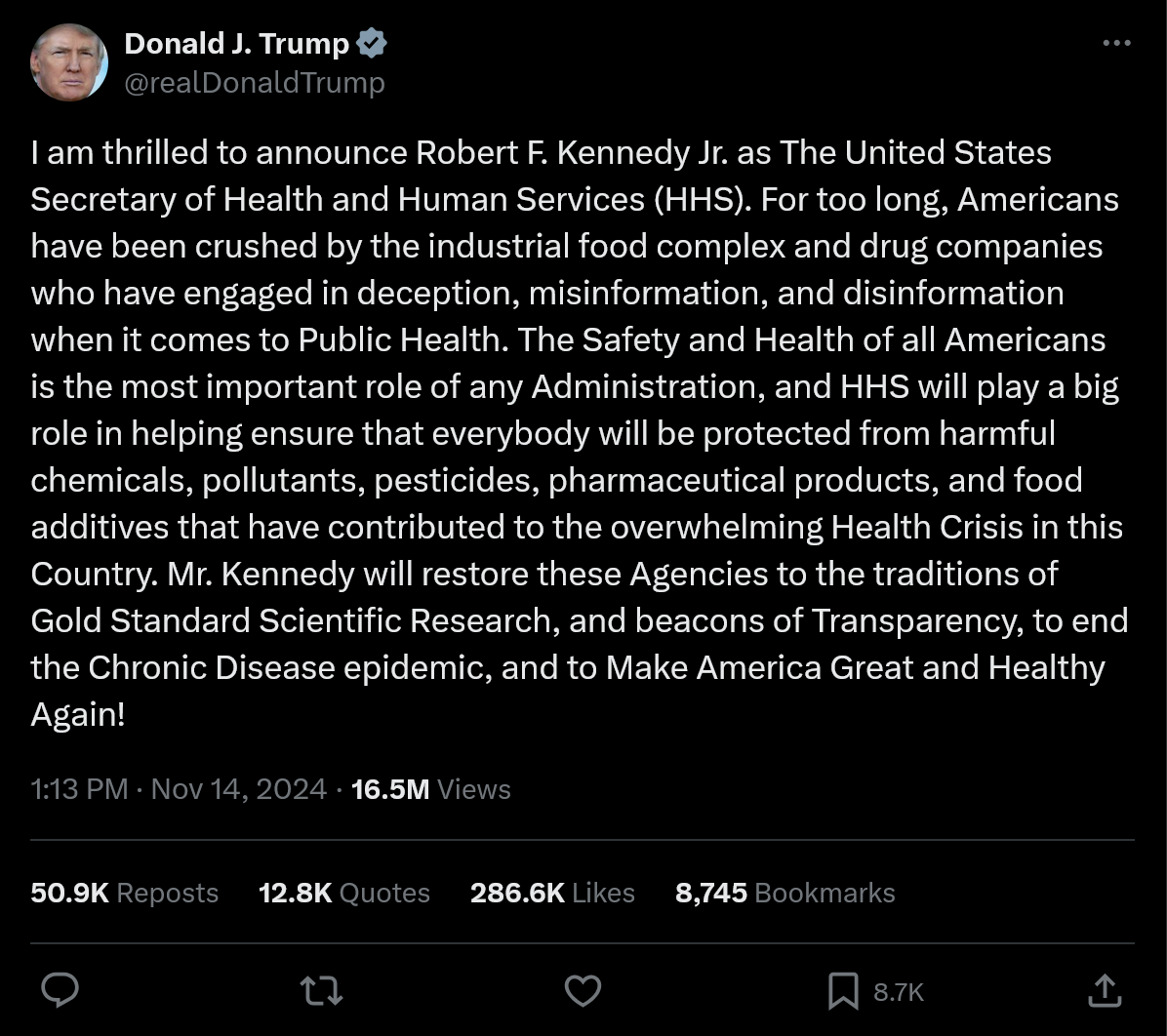Tulsi Gabbard - a former Democratic congresswoman who made the significant decision to join the Republican Party - has been announced as the president-elect's choice for the crucial position of director of national intelligence. Gabbard, a lieutenant colonel in the Army Reserve, has a notable history of service in the Hawaii Army National Guard and was deployed to Iraq with a medical unit. Her influential role would involve overseeing several US intelligence agencies, including the CIA, FBI, and NSA, which focus on intelligence gathering and national security. She will require Senate confirmation to take up the role.
“For over two decades, Tulsi has fought for our Country and Freedoms of all Americans,” Trump said in a statement. “I know Tulsi will bring the fearless spirit that has defined her illustrious career to our Intelligence Community, championing our Constitutional Rights, and securing Peace through Strength. Tulsi will make us all proud!”
Gabbard has served diligently in the Army National Guard for more than two decades and has undertaken deployments to both Iraq and Kuwait. She was awarded a Combat Medical Badge in 2005 for her “participation in combat operations under enemy hostile fire in support of Operation Iraqi Freedom III,” as reported by the Hawaii National Guard. She served for two years on the House Homeland Security Committee, gaining valuable experience in national security matters. She will now be responsible for overseeing Trump's potential intelligence overhaul. Trump has expressed his intentions to reform the nation's intelligence services — an area of the federal government that he has consistently regarded with skepticism and distrust.
PERK and PERK Advocacy team would like to congratulate Tulsi Gabbard on her Director of National Intelligence nomination.
















